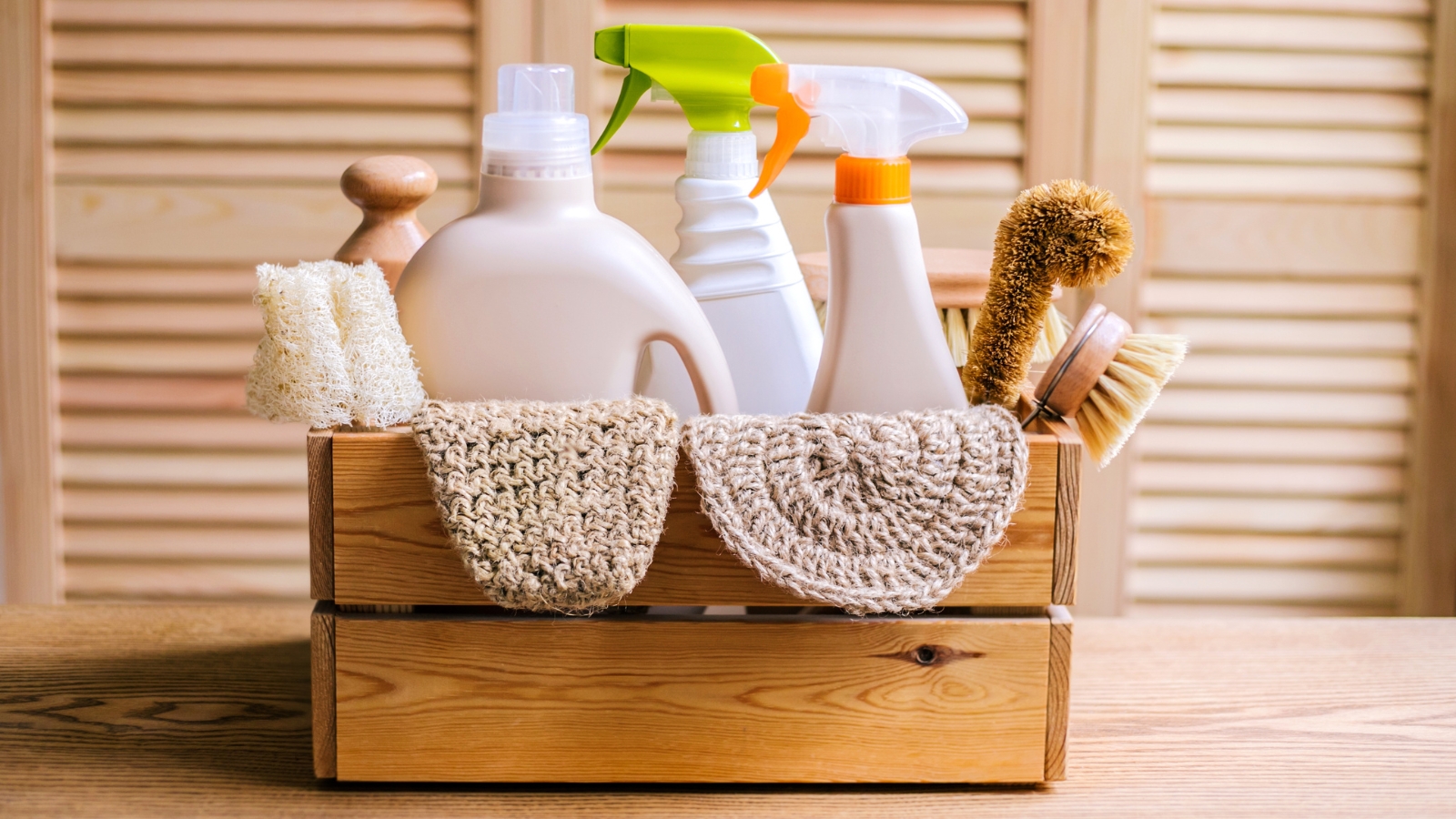
Maintaining a clean home is essential for a healthy and comfortable living environment, but traditional cleaning methods often rely on harsh chemicals that can be harmful to you, your family and the planet.
Fortunately, our cleaning pros are on hand to reveal seven eco-friendly alternatives that don't compromise on cleanliness.
By adopting these sustainable practices – such as cleaning with baking soda – you can reduce your environmental impact while still achieving a sparkling home.
Step 1: Swap to steam cleaners
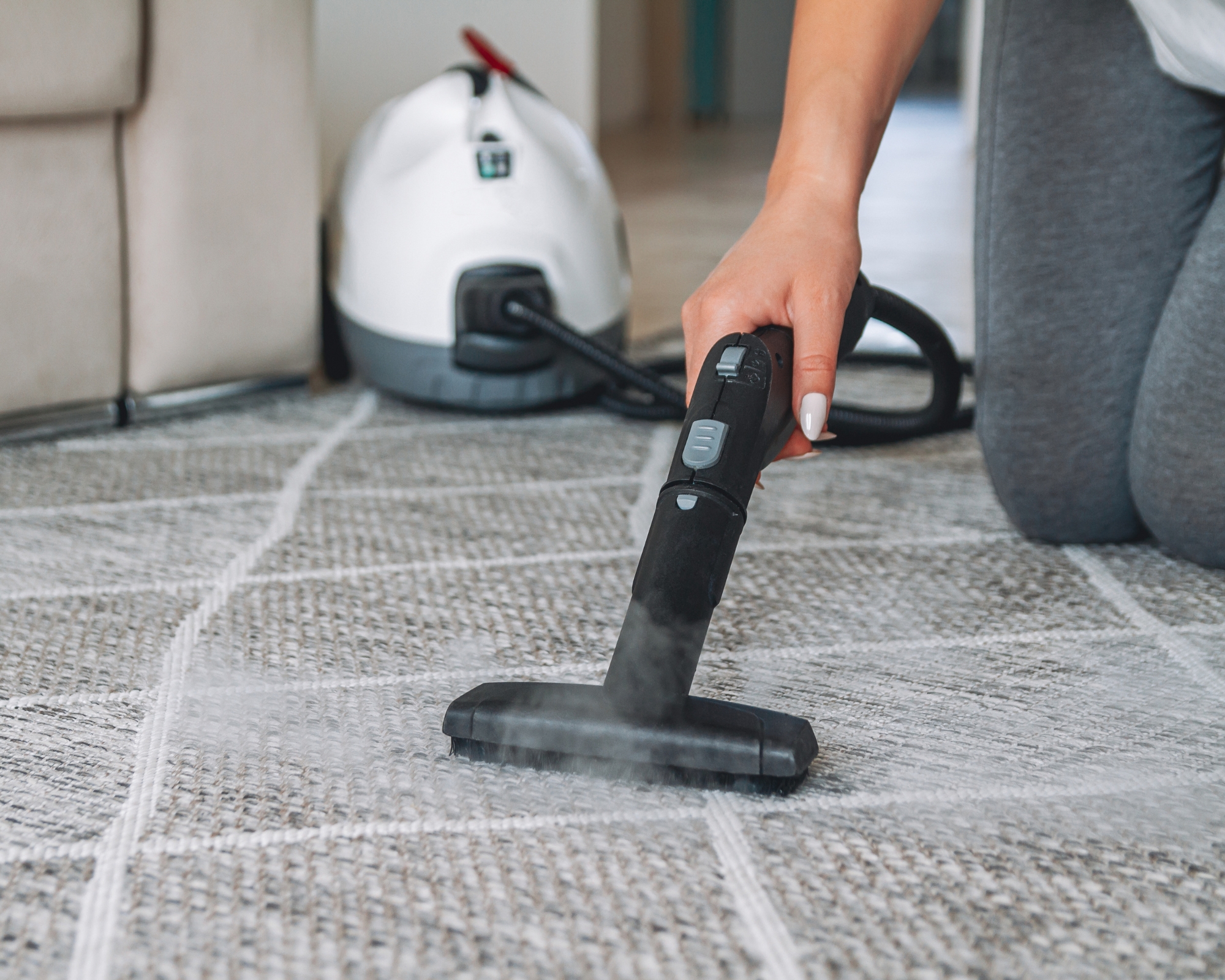
Cleaning your home effectively doesn’t have to mean using harsh chemicals that harm the environment. One of the best eco-friendly alternatives is using steam cleaners.
Will Cotter, owner of FreshSpace Cleaning, says, 'A lot of folks rely on chemical cleaners, but those can actually be pretty harsh on both our health and the environment. For example, ammonia and bleach are really powerful agents but can mess with our indoor air quality and also end up polluting our water when they go down the drain.
'Steam cleaners disinfect and sanitize surfaces without any of those chemicals – just water and heat!'
For hard floors, Cotter recommends the Bissell PowerFresh Steam Mop from Wayfair, which comes with 13 attachments to ensure you can reach all corners.
Cotter adds, 'If you prefer something more versatile – that you can use on almost anything – go for the McCulloch Heavy-Duty Steam Cleaner from Amazon, which comes with more than 25,000 5-star customer reviews.'
By swapping to steam, you eliminate the need for chemical-laden products while still achieving a deep clean on floors, countertops, and even upholstery.
Step 2: Choose concentrate cleaners
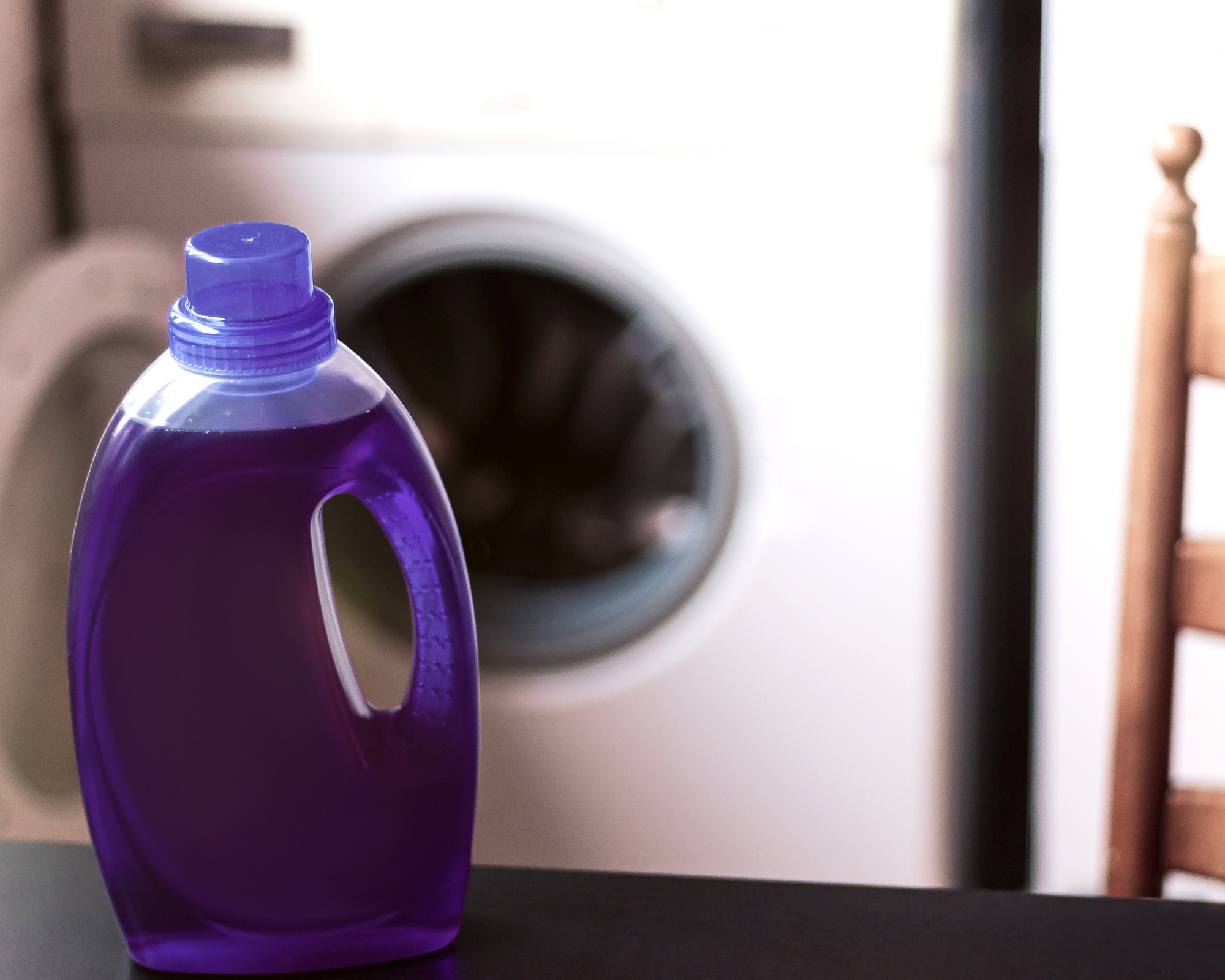
When purchasing cleaning products, opt for concentrated formulas.
Cotter says, 'You know those regular cleaning products you pick up at the store that are already diluted and come in big plastic bottles? Well, they might seem convenient, but they’re not so great for the environment. They need more packaging, and because they’re larger, they require more fuel for transportation, which adds to carbon emissions. Plus, they run out quickly, so you end up buying them more often, which just increases their impact on the environment over time.
'Concentrated products are stronger and last longer – so you won't have to run out and buy replacements as often.'
Rinea Blanchard, CEO of Superior Contract Cleaning, recommends Simple Green All-Purpose Concentrated Cleaner. She says, 'I love this because it's biodegradable, non-toxic, and works on almost any surface. One gallon makes up to 64 gallons of cleaner.'
For everyday cleaning, Cotter uses Grove Collaborative Multi-Purpose Cleaner Concentrates from Walmart, which are refillable and made with 92% plant ingredients.
He adds, 'For laundry, Seventh Generation Ultra-Concentrated Laundry Detergent from Target is definitely worth a try. I like that this is also good for those with sensitive skin. Plus, there’s no weird scent'
Choosing concentrates helps cut down on plastic waste and reduces the number of bottles you need to buy, making it a cost-effective and eco-friendly choice.
Step 3: Reuse mops and cloths
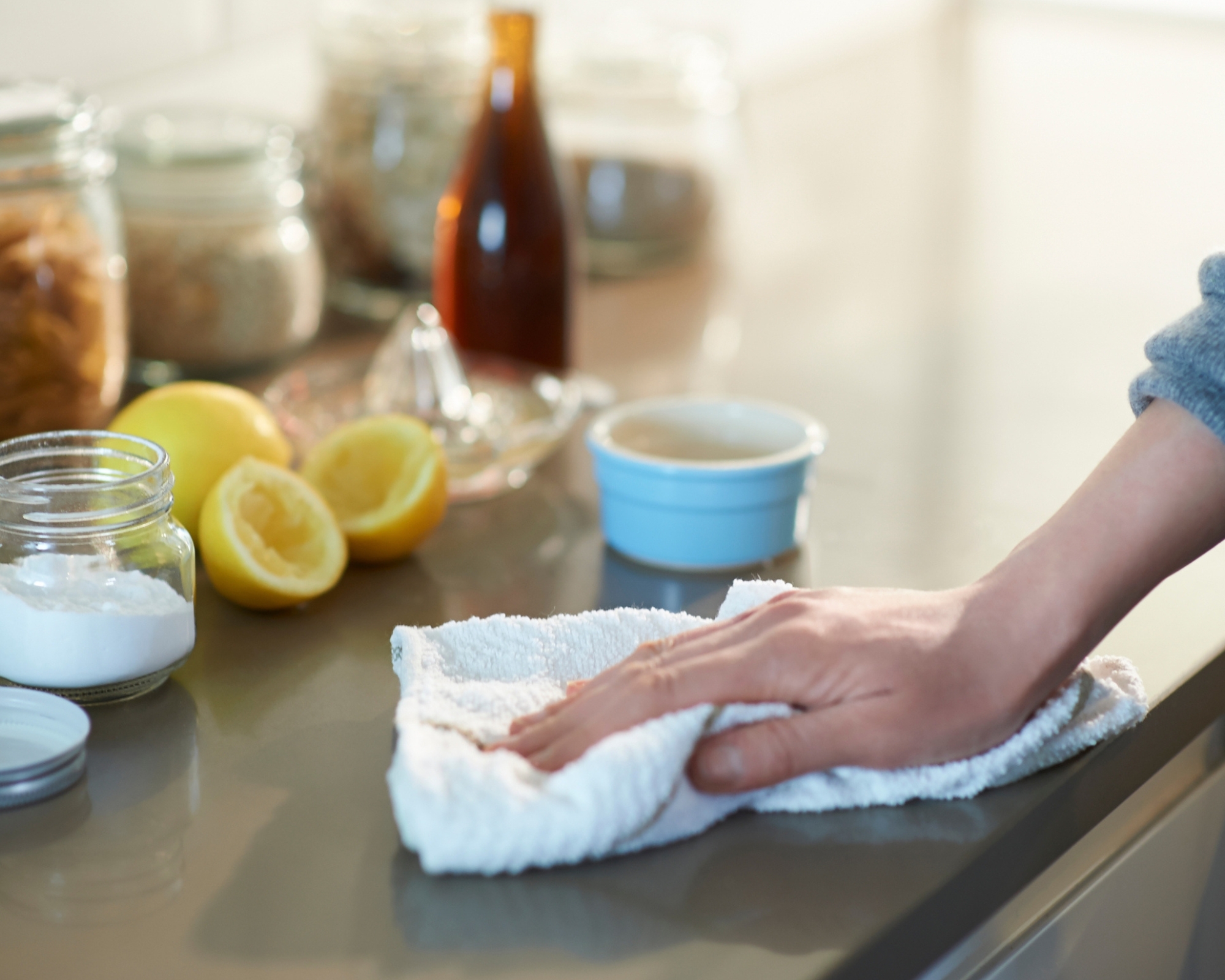
Switching to reusable mops and cloths is another simple way to clean your home without harming the planet.
Blanchard says, 'Paper towels and disposable mop pads create tons of waste. Microfiber cloths and reusable mop pads can be washed hundreds of times. They also clean more effectively, reducing the need for harsh chemicals. We've cut our paper product use by over 75% by making this switch.'
Microfiber is particularly effective at trapping dirt and dust, often requiring less water and fewer cleaning products than traditional materials. Cotter recommends these Turbo Microfiber Mop Pads from Amazon, which are compatible with most 10-12 inch mops.
For hand cleaning, Blanchard recommends these Norwex All-Purpose Micorfiber EnviroCloths, adding, 'These are my go-to for chemical-free cleaning. The microfiber is so fine that it picks up 99% of bacteria with just water.'
Step 4: Avoid aerosol sprays
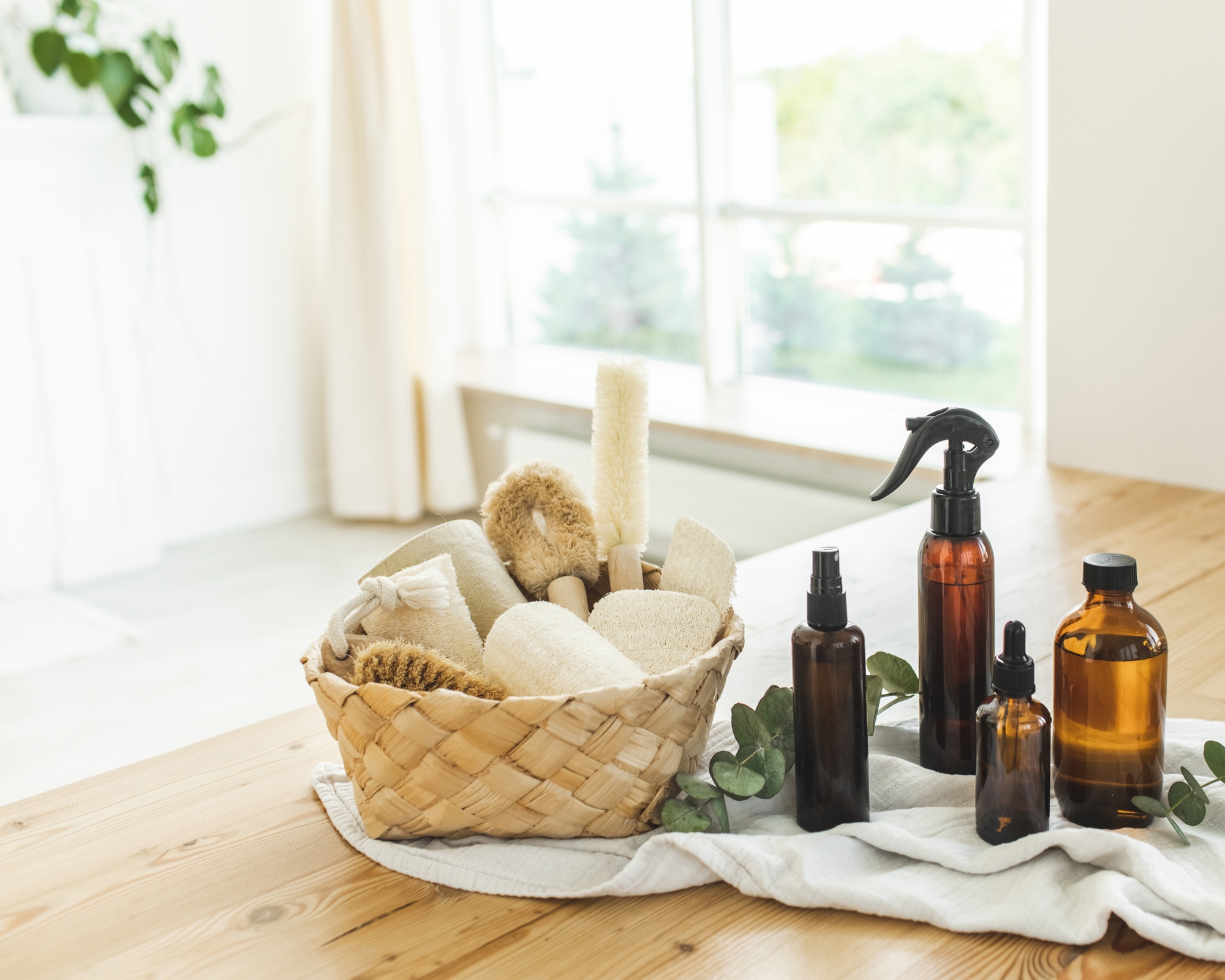
Avoiding chemical sprays is crucial for reducing your home’s environmental impact. Many commercial sprays contain volatile organic compounds (VOCs) that can harm both your health and the planet.
Karina Toner, operations manager at Spekless Cleaning, says, 'Instead, vinegar and baking soda are natural ingredients that are effective at cleaning and deodorizing, without the harmful chemicals found in many commercial cleaners.
'For a simple, effective and versatile cleaner that can be used for multiple surfaces and tasks, mix equal parts of white vinegar and water. For tougher stains, sprinkle baking soda before spraying the vinegar for a fizzing reaction that helps lift grime.'
Check out our guide for 15 household cleaning jobs that can be made easier with vinegar.
There are also many eco-friendly cleaning products, formulated with biodegradable ingredients and sustainable packaging. Toner recommends Method All-Purpose Cleaner, available from Walmart, which is made with plant-based ingredients and packaged in recyclable materials.
Toner adds, 'Look for products labeled as biodegradable or made from recycled materials to ensure minimal environmental impact.'
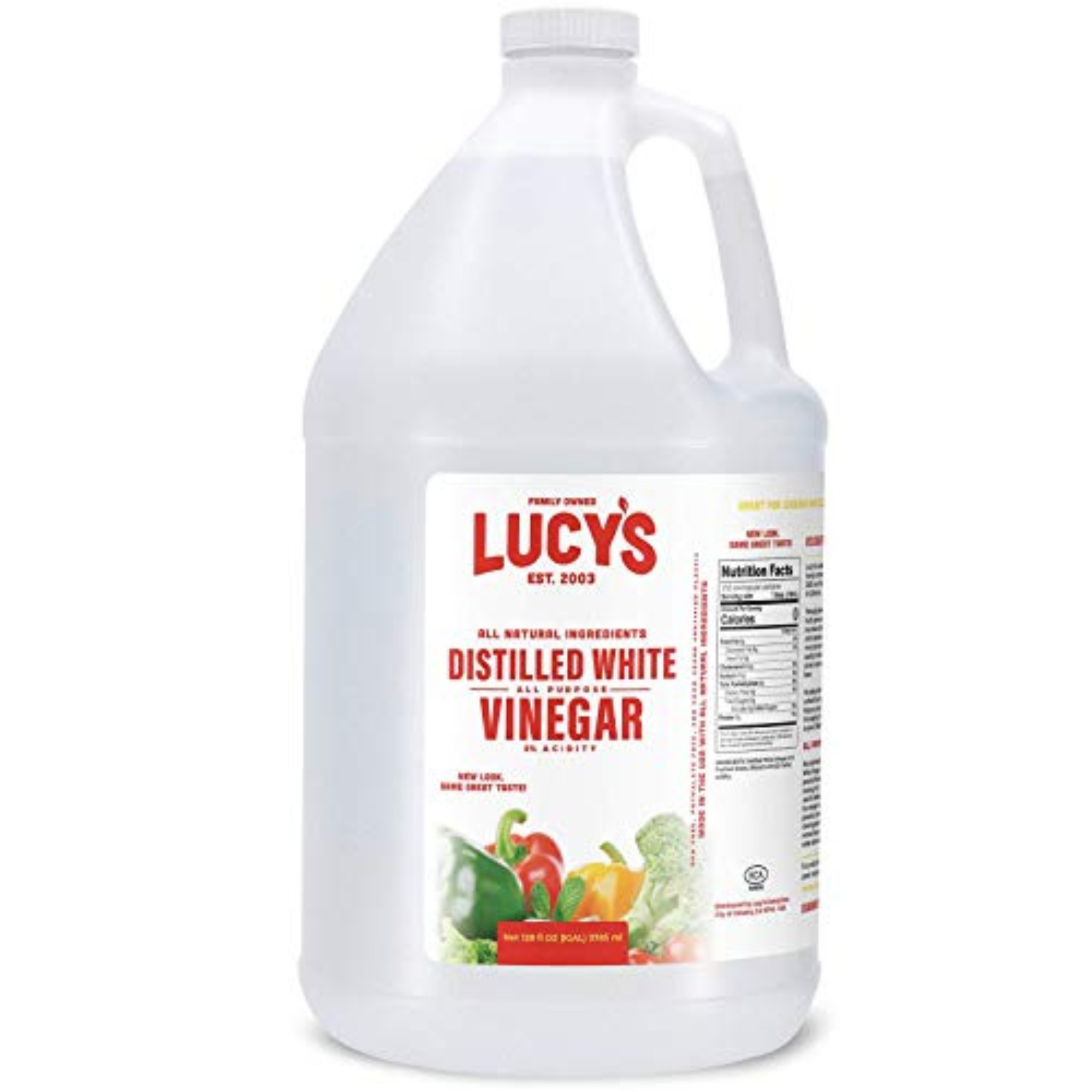
This high-quality white vinegar — which comes with more than 10,000 5-star Amazon customer reviews — is a powerful, natural cleaning agent that can effectively remove grease, mineral deposits, and odors around the home, as well as whiten, brighten and freshen up your laundry. All this without the use of harsh chemicals.
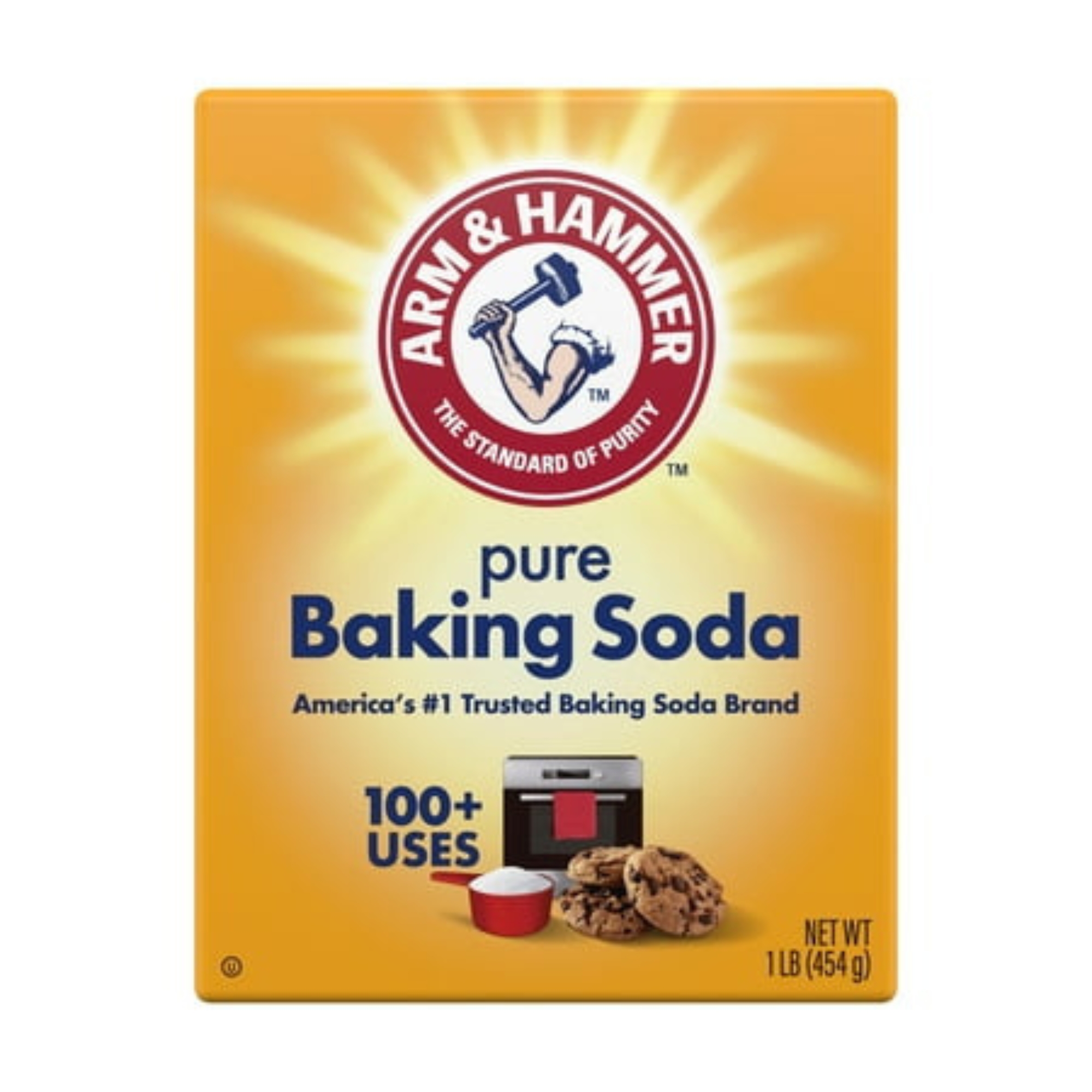
The perfect companion for eco-friendly cleaning, this trusted baking soda brand has more than 100 around-the-home uses — from cleaning your carpets to getting rid of pet odors to making laundry sparkle. Boasting thousands of great reviews, this baking soda makes for an gentle but effective cleaning solution to mop floors or scrub countertops.
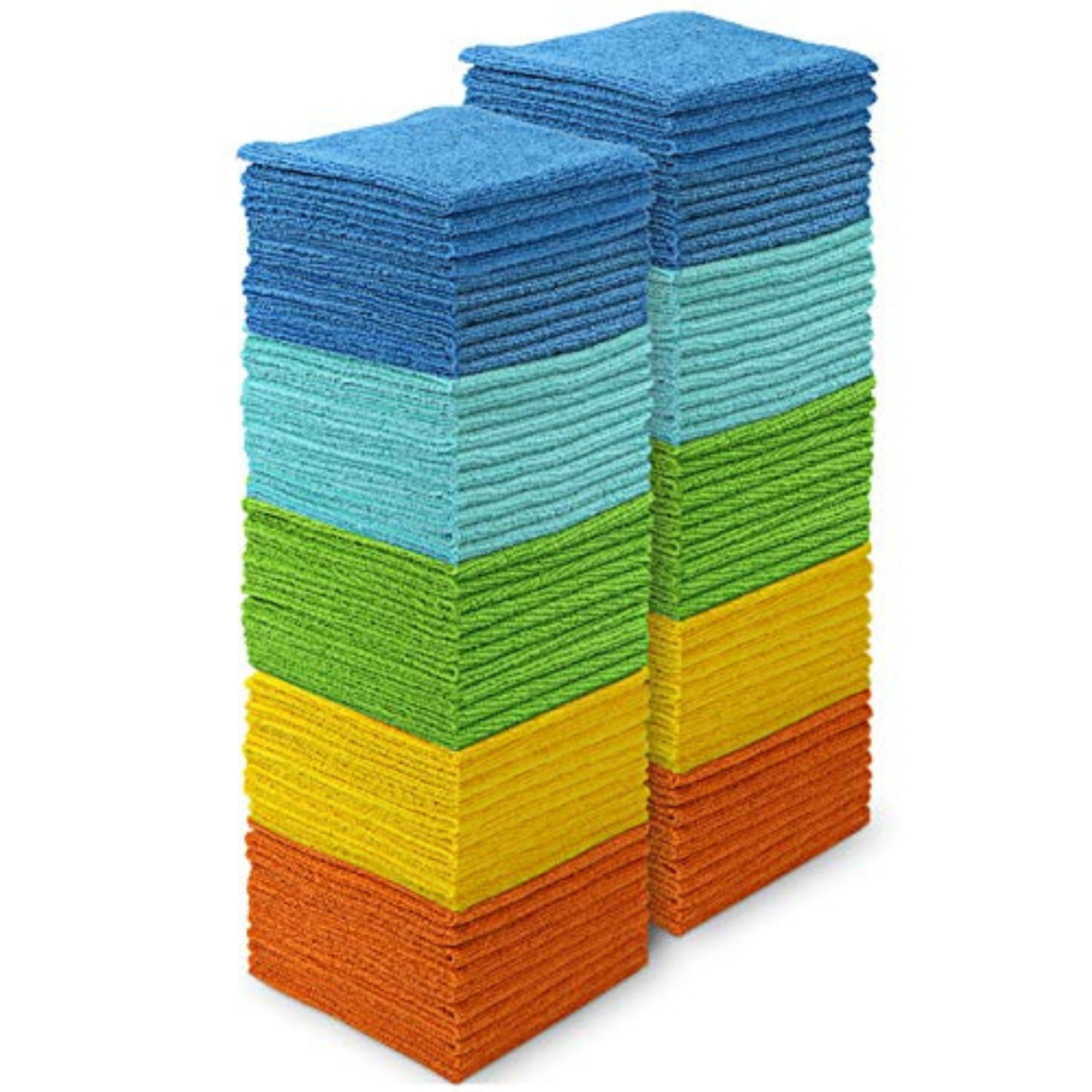
Scratch-free, highly absorbant and in eye-catching colors, these re-useable and long-lasting microfiber cleaning cloths are built for durability and longevity. Perfect for a variety of cleaning tasks around the house, they can be reused multiple times without losing their effectiveness, maintaining cleaning power and softness through hundreds of washes.
Step 5: Deploy deionized water
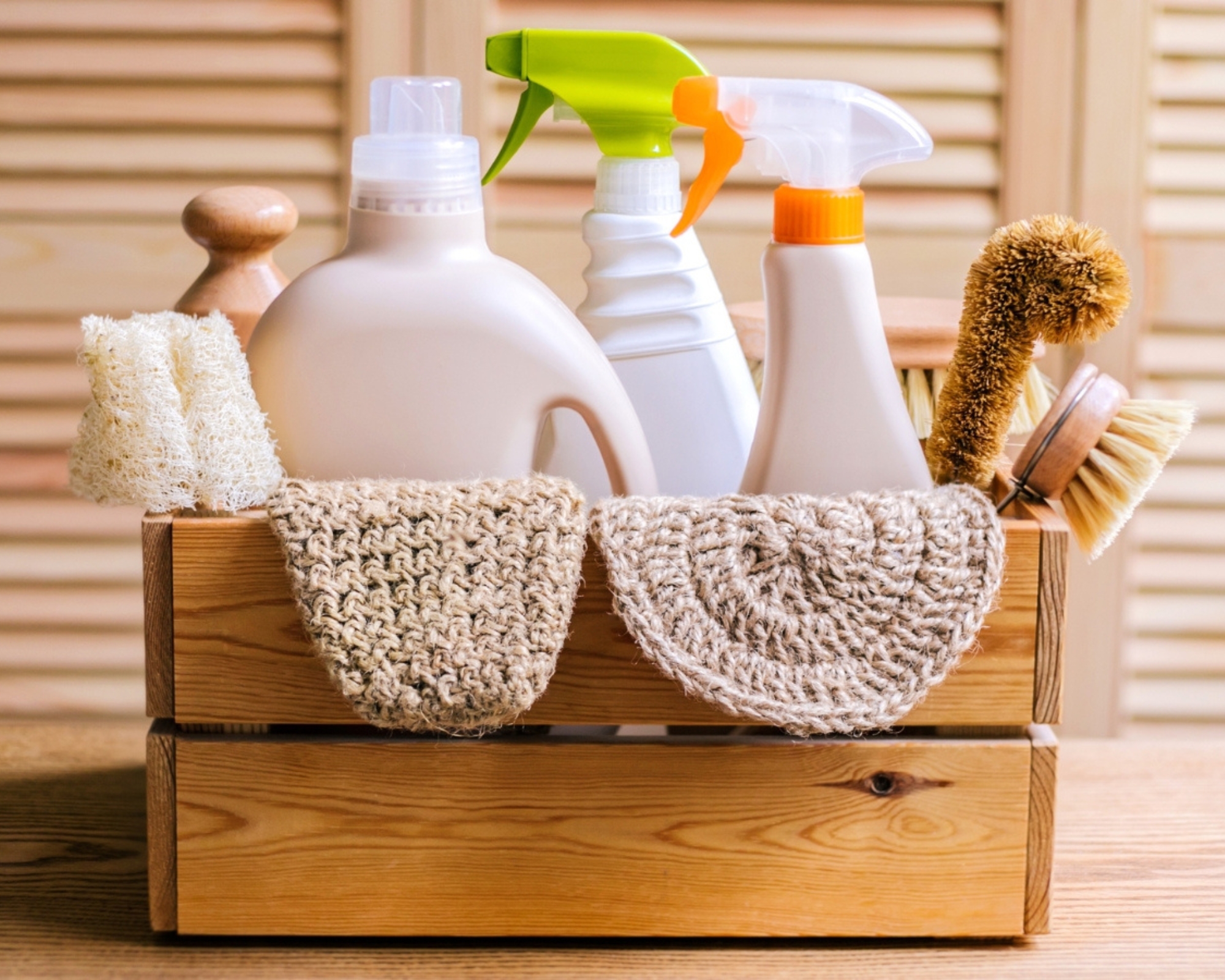
Deionized water is a powerful yet eco-friendly cleaning tool that is often overlooked.
Because it has had its mineral ions removed, deionized water can attract and bind to dirt, grime, and other impurities, making it an excellent cleaning agent.
It’s particularly useful for streak-free cleaning on glass and mirrors without the need for chemical cleaners.
Wells Ye, founder of Fresh Tech Maid cleaning service, recommends this Deionized Water from Amazon. He says, 'This is our favorite type of cleaner at Fresh Tech Maid! It's water in its purest form, free of mineral contaminants. It acts as a “hungry” cleaner by attracting and dissolving microorganisms.'
By deploying deionized water, you reduce the reliance on harsh chemicals and leave behind no harmful residues.
Step 6: Harness HEPA filters
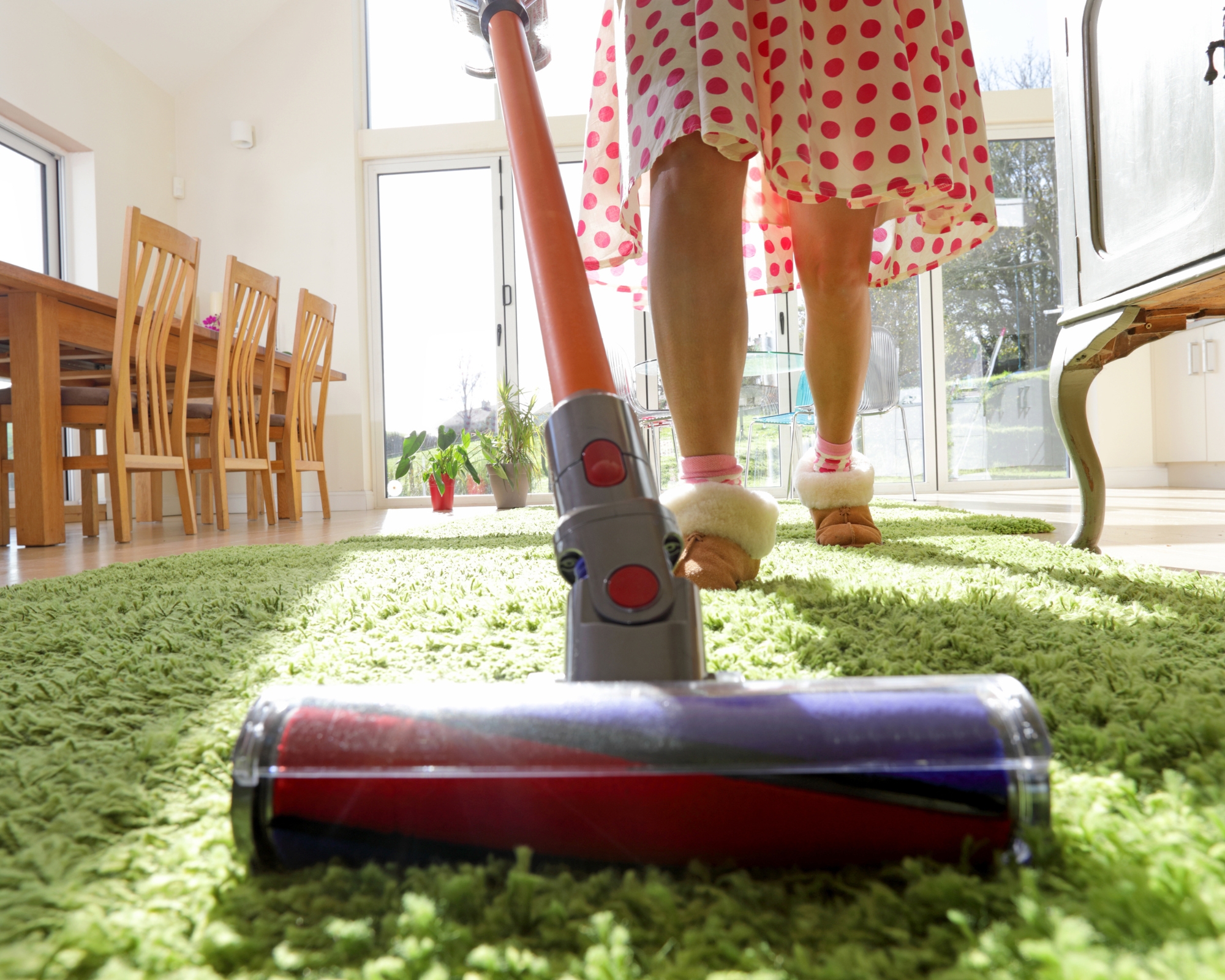
Harnessing HEPA filters in your vacuum cleaners and air purifiers can significantly improve indoor air quality while reducing the environmental impact of cleaning. HEPA (High-Efficiency Particulate Air) filters capture up to 99.97% of particles, including dust, pollen, and pet dander, ensuring that these pollutants aren’t recirculated into your home.
The Shark Pet Pro Cordless Stick Vacuum from Walmart, which has an anti-allergen HEPA filter, is among the best Shark vacuum deals of 2024.
By using appliances with HEPA filters, you reduce the need for frequent dusting and chemical air fresheners, contributing to a healthier home environment.
Step 7: Cultivate chemical-absorbing plants
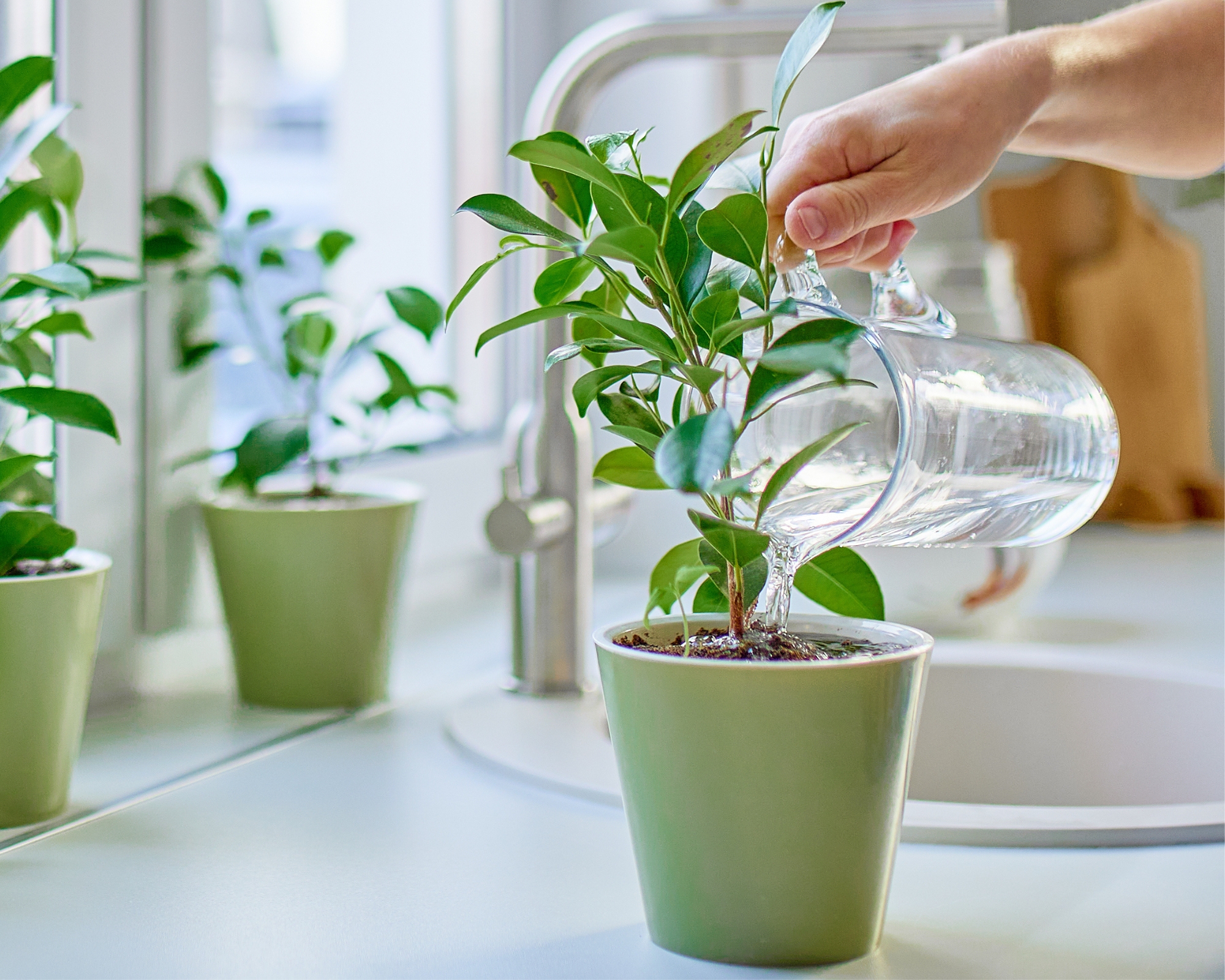
Cultivating chemical-absorbing indoor plants is a natural and aesthetically-pleasing way to clean the air in your home.
Ye says, 'These plants 'inhale' carbon dioxide and emit oxygen in its place, effectively filtering out airborne chemicals such as benzene, formaldehyde, carbon monoxide, and even arsenic.
'Some of my preferred options include ferns, peace lilies, English ivy, philodendrons, Chinese evergreen and leopard lily.'
Spider plants and snake plants — which both feature in our guide to the best low-maintenance indoor plants — are also known for their toxin-absorbing abilities.
By integrating these plants into your home, you can reduce indoor pollution naturally, minimizing the need for chemical-based air fresheners and purifiers.
So there you have it — how to clean your home without harming the planet. By adopting these environmentally friendly cleaning practices, you can keep your home spotless while also protecting our world.
Next, check out these eco-friendly organizing tips for a sustainable home.







